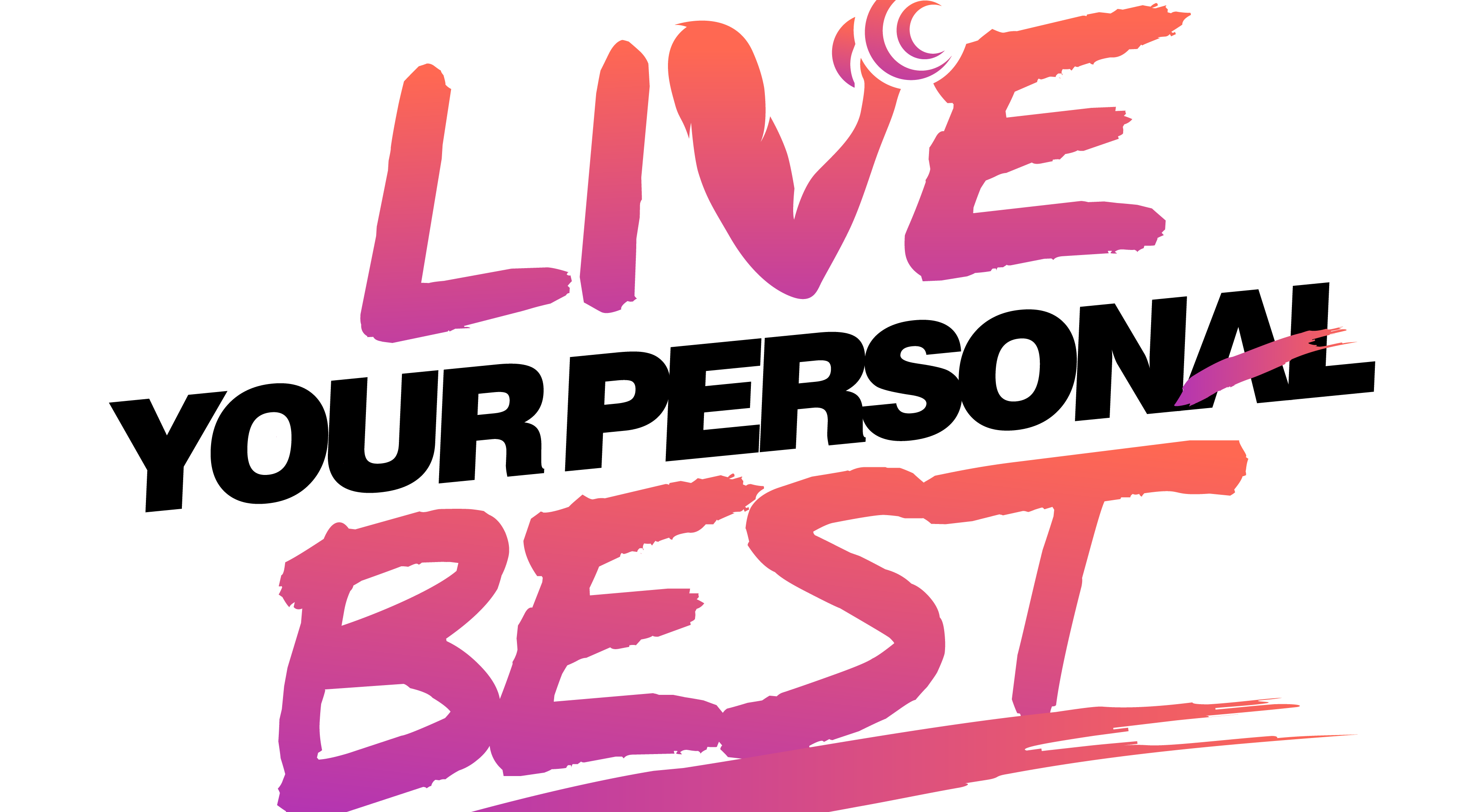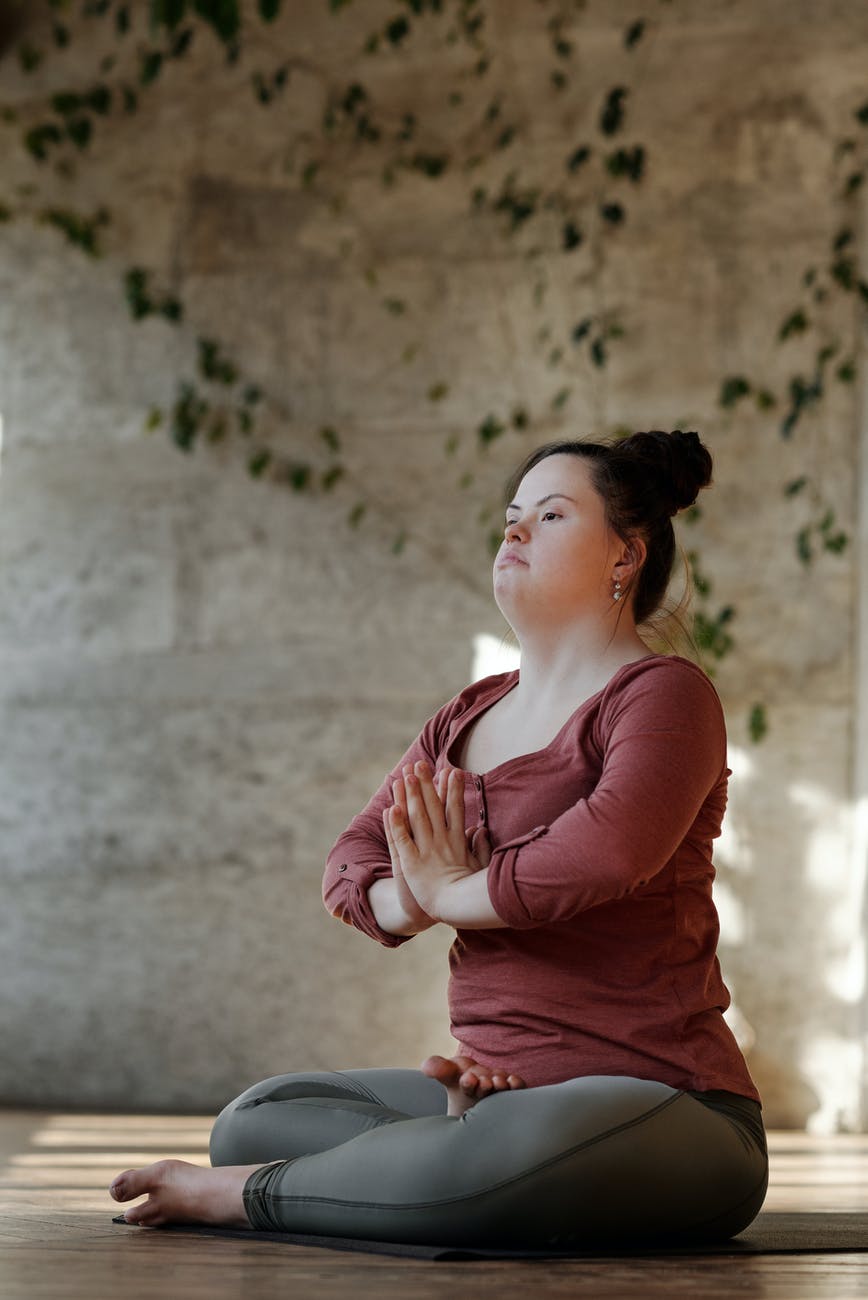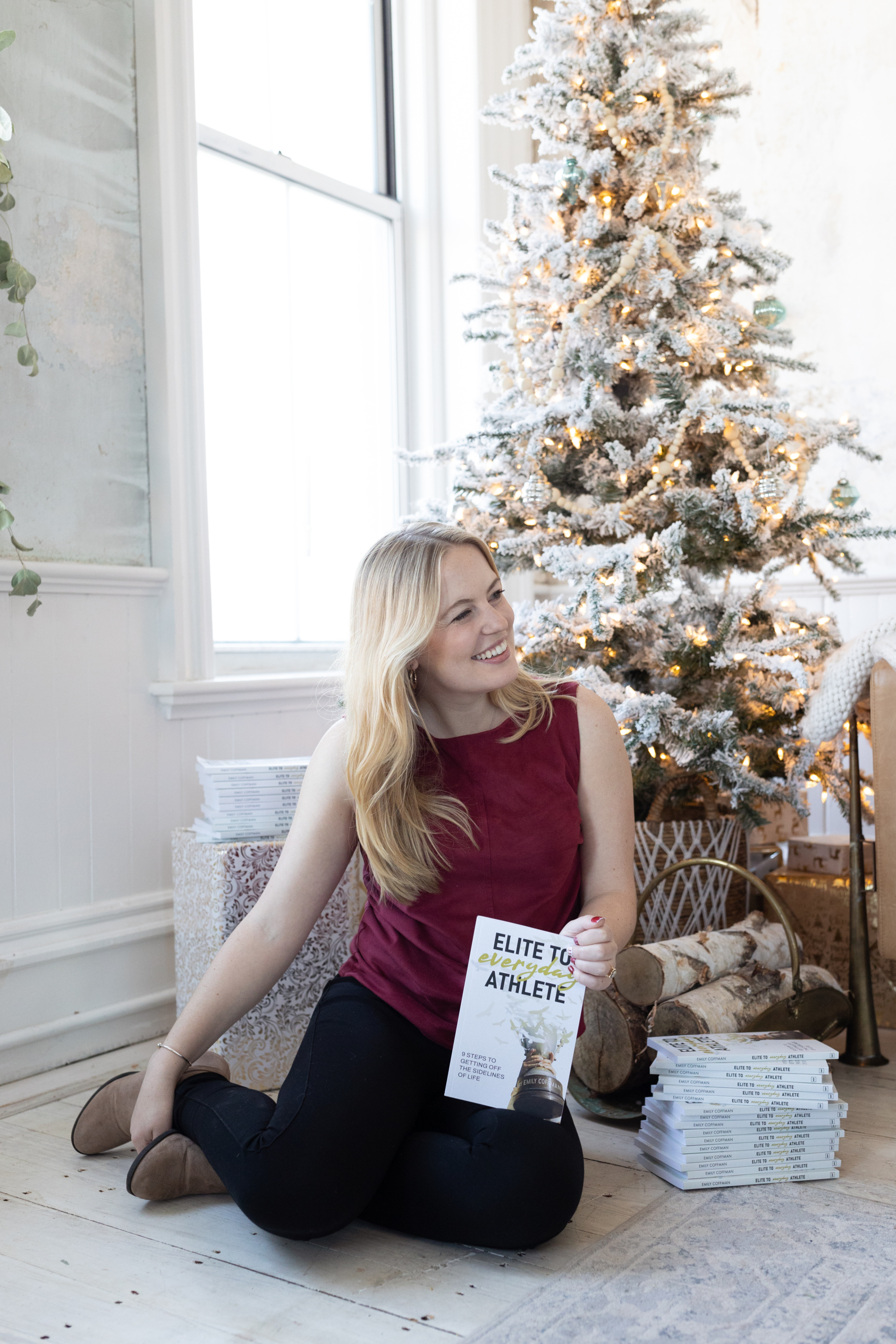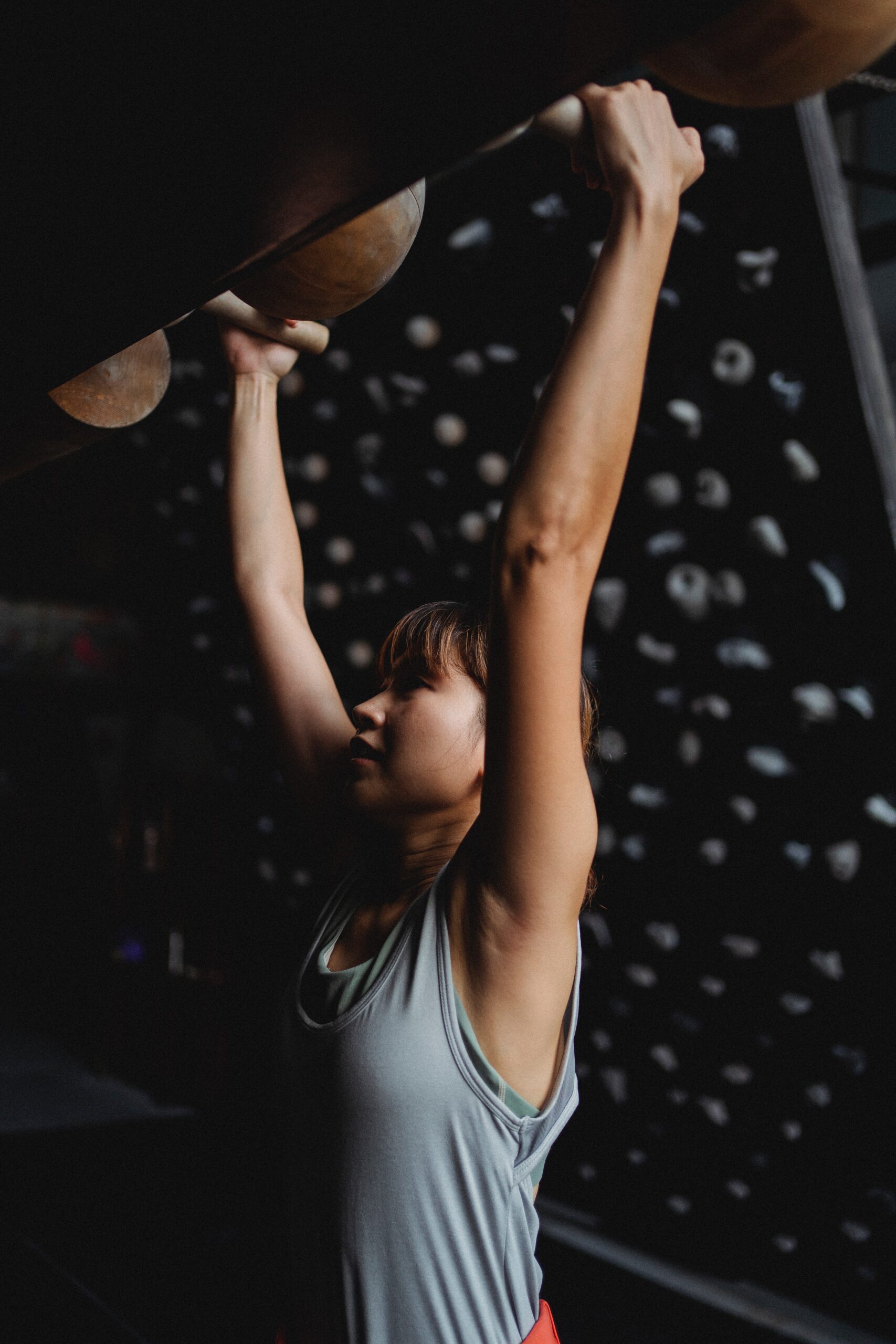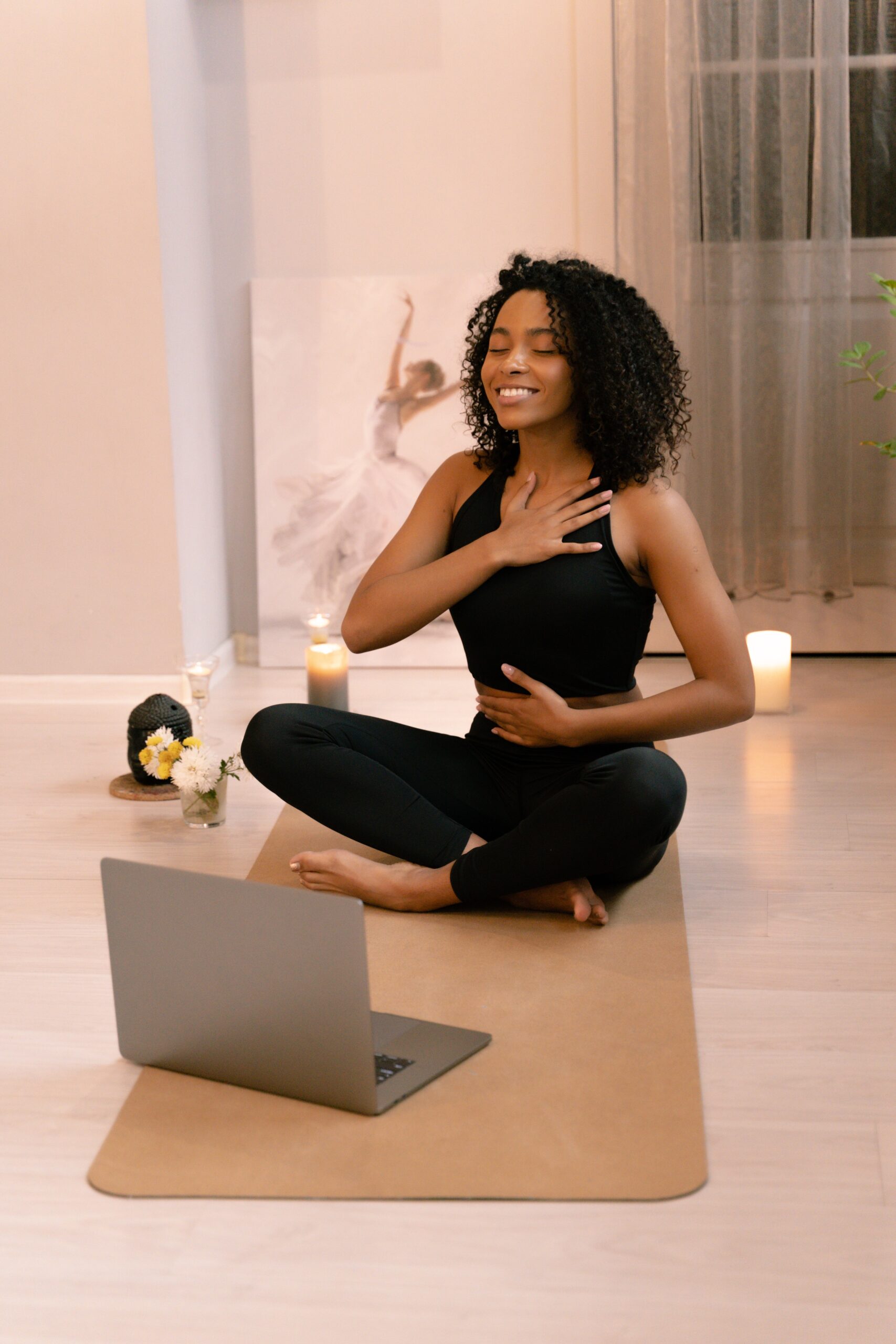As a former athlete, you may have a hard time finding a healthy relationship between your body and exercise. Many former athletes find that creating habits and routines after a long rest from working out feels like starting from scratch. With this, I believe that changing your mindset could be beneficial, especially when you’re at the lowest point of your sports career or just in the transition of prioritizing other opportunities in your life.
In this episode of the Live Your Personal Best podcast, I read the first chapter of my book Elite to Everyday Athlete: 9 Steps to Getting Off the Sidelines of Life titled The Never-Ending Off-Season. This chapter could help you find the workout routine that is perfect for you now that you’re inactive in the sports arena and fit a healthy lifestyle with the other aspects of your life.
Listen to learn more about how you can make working out sustainable when you’re no longer an athlete.
Episode Timeline
[2:15] Emily shares her struggle with her corporate job.
[3:52] Emily brings up her problems when she stops her training and struggles to get back on track.
[4:56] Emily stresses the value of rest in reaching one’s goal.
[6:35] Emily talks about finding a healthy balance between rest and exercise.
[7:21] Emily introduces the dangers of too much rest.
[8:20] Emily provides insights into the struggle of picking up a workout routine and balancing other opportunities after retirement.
[10:41] Emily reveals the struggles of athletes when they realize that they have freedom of choice and how exercise is beneficial, especially during this phase of an athlete’s life.
[12:01] Emily cites the importance of slowing down to find the balance of rest and exercise.
Key Takeaways
- Athletic retirement is an off-season without a return date.
- Rest is vital for elite athletes.
- Research shows no significant difference in exercise patterns between former athletes and non-athletes. Both are equally likely to become couch potatoes.
- Priorities change, and former athletes focus on finding a job, starting a family, or pursuing new opportunities.
- Former athletes should not ignore the value of exercise in their day-to-day life.
- Don’t force yourself to a routine just because you think it’s what it needs to happen.
- Balance prevents burnout.
- Exercise and rest are needed for different reasons. Exercise is known to improve your health, self-esteem, and support healthy sleep in addition to many other benefits. Rest aids in muscle recovery, reduces the risk of injury, and prevents fatigue. Both are equally important and will complement each other in giving you enough energy and strength to show up confidently in your daily activities.
Quotes
“When the things that motivate an athlete to train, medals, records, adrenaline, and competition aren’t there in the real world. When an athlete trains at the top standard they have set for themselves, anything less feels just like that, less.” – Emily [5:37]
“An athlete needs rest, but they also need a healthy relationship with exercise. This will help prevent them from burnout, or on the other side of the spectrum, inactivity.” – Emily [7:15]
“Just because they are a star athlete and disciplined to wake up at 6 AM on Saturdays for four years doesn’t mean this will translate into life afterward.” – Emily [8:11]
